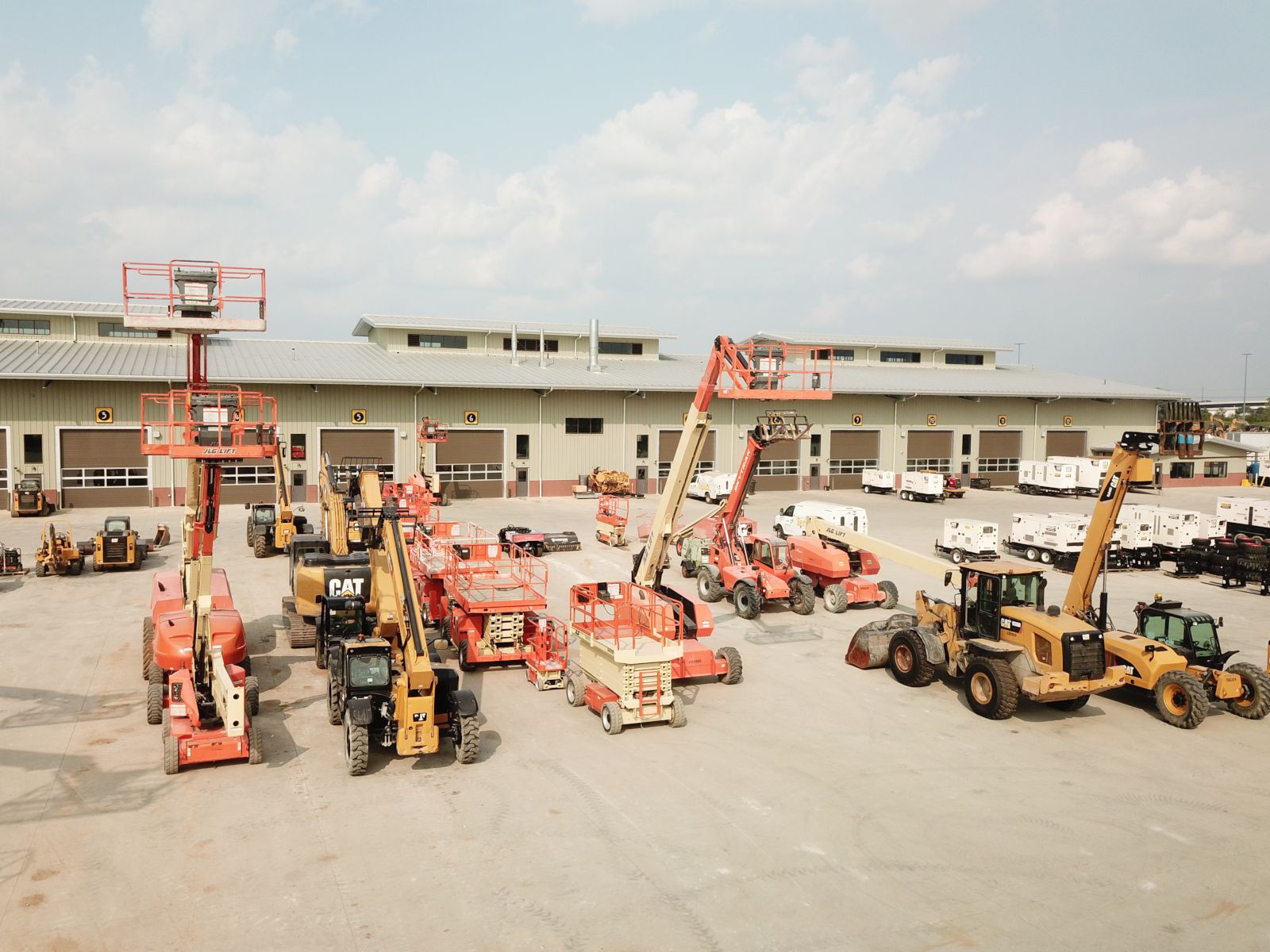Aerial Lift Rental: Versatile Lifting Solutions for High-Access Jobs
Aerial Lift Rental: Versatile Lifting Solutions for High-Access Jobs
Blog Article
Maximize Your Budget Plan by Comprehending the Costs Related To Building And Construction Devices Services
Understanding the complete scope of prices linked with building equipment rentals is crucial for optimizing your budget plan. While the initial rental charge may seem uncomplicated, various additional costs-- such as transportation, gas additional charges, and maintenance-- can quickly gather, affecting your financial planning. Being aware of different charges and the details of rental agreements can aid avoid unforeseen financial worries. What techniques can be used to effectively handle these prices and guarantee an extra efficient rental experience?
Review of Rental Expenses
When taking into consideration construction equipment services, understanding the linked costs is extremely important for efficient budgeting and task preparation. Rental costs can vary significantly based upon several variables, consisting of equipment type, period of rental, and place. The initial rental charge frequently mirrors the equipment's market demand and its linked operational capacities, influencing the general expenditure.
In addition to the base rental price, ancillary prices might occur, such as transport fees, fuel additional charges, and maintenance charges. It is vital to make up these additional costs to precisely evaluate the complete cost of leasing devices. In addition, the rental period can influence rates; longer rentals may get approved for affordable prices, while short-term rentals may sustain greater day-to-day charges.

Malfunction of Rental Prices
A thorough understanding of rental prices is necessary for service providers and job managers intending to maximize their budget plans. Rental rates for construction equipment typically contain several components, consisting of base rates, time-based charges, and use fees.
Base rates are the core costs connected with the leasing of the equipment, typically identified by the type and dimension of the equipment. These prices can vary considerably, affected by aspects such as devices need, availability, and local market patterns. Time-based charges, which may be daily, weekly, or monthly, offer to fit different task timelines and rental durations.
Additionally, rental rates may consist of usage costs, which are suitable when equipment is made use of past a defined threshold, ensuring that the rental business can account for damage. Seasonal demand fluctuations can likewise affect rental prices, with peak construction periods commonly regulating higher costs.
Moreover, comprehending the rental company's plans regarding upkeep and insurance coverage can give additional understanding into the total expense framework. By evaluating these parts, professionals can make enlightened decisions, making certain the choice of rental tools aligns with both job needs and budget restraints.
Added Fees to Consider
Comprehending the ins and outs of extra charges is critical for contractors to manage their overall rental expenses successfully. Past the standard rental rates, various supplemental fees can substantially influence the total cost of equipment service. These costs usually consist of distribution and pick-up costs, his comment is here which can differ based on distance and logistics associated with transporting the devices to and from the task website.
Additionally, some rental firms might impose fuel additional charges if the tools is returned with much less fuel than when rented. It is additionally important to know possible cleansing charges, particularly for specific devices that requires comprehensive maintenance after usage.

Completely reviewing the rental arrangement and clarifying these additional costs in advance can aid specialists prevent unexpected costs and make certain that spending plans stay intact throughout the task lifecycle.
Repair And Maintenance Costs
Normal maintenance and repair work expenses are usually neglected variables that can substantially affect the overall cost of building and construction tools rentals. When leasing tools, it is important to consider not only the rental costs but likewise the possible costs connected with keeping the equipment in ideal operating problem.
Lots of rental companies include fundamental maintenance as part of the rental contract; nonetheless, more substantial repair work or unexpected break downs can result in extra expenditures. It's important to examine the rental agreement meticulously to understand what maintenance solutions are covered and what responsibilities fall on the tenant.
Moreover, devices that is not properly maintained can bring about inadequacies on duty site, possibly increasing and creating delays project costs. To mitigate these risks, it is advisable to perform regular evaluations and maintain open communication with the rental service provider concerning any problems that emerge throughout use.
Insurance Coverage and Liability Costs
Insurance and liability expenses are vital elements that can considerably impact the overall expenditure of construction equipment services (dozer rental). These costs make certain that both the rental firm and the client are safeguarded from potential economic losses developing from accidents, damages, or theft during the rental period

Additionally, clients need to be click to investigate conscious of any kind of deductibles or exclusions in the insurance coverage, as these can affect possible out-of-pocket expenses. Recognizing the terms of any insurance protection is vital to prevent unanticipated expenses. Ultimately, budgeting for insurance coverage and responsibility expenses can assist make certain a smoother rental experience and safeguard versus economic risks related to construction projects.
Final Thought
In verdict, a thorough understanding of the expenses connected with construction equipment rentals is essential for effective spending plan administration. Eventually, informed decision-making regarding equipment leasings adds to the general success of building endeavors.
Rental prices can differ dramatically based on a number of elements, consisting of devices type, period of service, and place (equipment rental company). The rental duration can impact rates; longer leasings might certify for discounted prices, while short-term services might sustain higher day-to-day charges
By carrying out comprehensive study and engaging with reputable rental firms, professionals can efficiently navigate the complexities of rental rates, eventually optimizing their financial sources.
Past the common rental rates, numerous additional fees can significantly affect the complete cost of tools rental. Rental business often offer responsibility insurance that covers injuries to third events or damage to property, while devices damages insurance policy can cover the cost of repair work or replacement if the rented out equipment is damaged.
Report this page